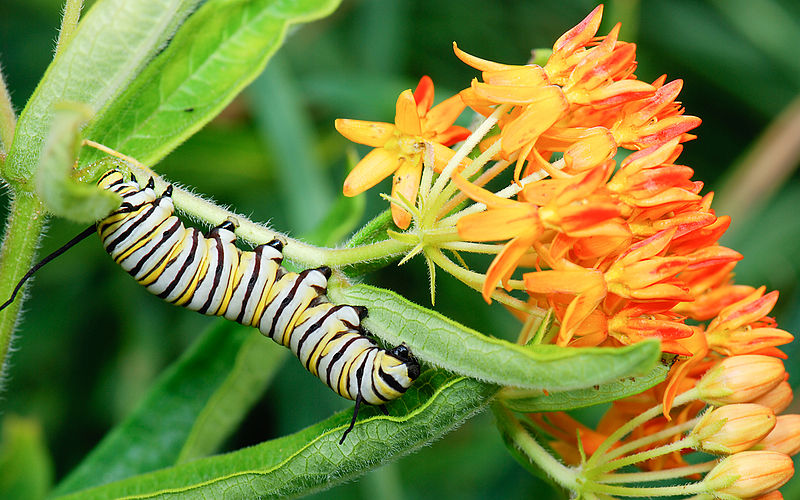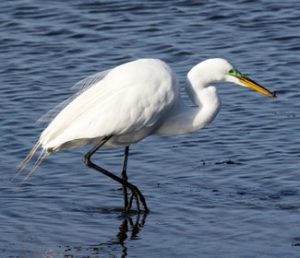Source: U.S. Fish & Wildlife Service News Release dated April 8, 2020
Efforts to stem the decline of monarch butterflies took a giant leap forward with the completion of a historic agreement between the U.S. Fish and Wildlife Service and the University of Illinois-Chicago. The agreement encourages transportation and energy partners to participate in monarch conservation by providing and maintaining habitat on potentially millions of acres of rights-of-way and associated lands.
Thanks to the monarch agreement, more than 45 companies in the energy and transportation sectors and countless private landowners will provide habitat for the species along energy and transportation rights-of-way corridors on public and private lands across the country. Participants will carry out conservation measures to reduce or remove threats to the species and create and maintain habitat annually. Although this agreement specifically focuses on monarch habitat, the conservation measures will also benefit several other species, especially pollinating insects.
“Completing this agreement is a huge boost for the conservation of monarch butterflies and other pollinators on a landscape scale,” said Aurelia Skipwith, Director of the U.S. Fish and Wildlife Service.
The U.S. Fish and Wildlife Service and the University of Illinois-Chicago signed an integrated, nationwide Candidate Conservation Agreement (CCA) and Candidate Conservation Agreement with Assurances (CCAA) for the monarch butterfly on energy and transportation lands throughout the lower 48 states. CCAAs and CCAs are formal, voluntary agreements between the Service and landowners to conserve habitats that benefit at-risk species. Learn more about the agreements here.
More information regarding the U.S. Fish and Wildlife Service’s monarch butterfly conservation efforts can be found on its Save the Monarch website.
Visit the Jersey-Friendly Yards website to learn more about landscaping for pollinators and search for wildlife-friendly native plants, including milkweed species, using the website’s searchable Plant Database.


